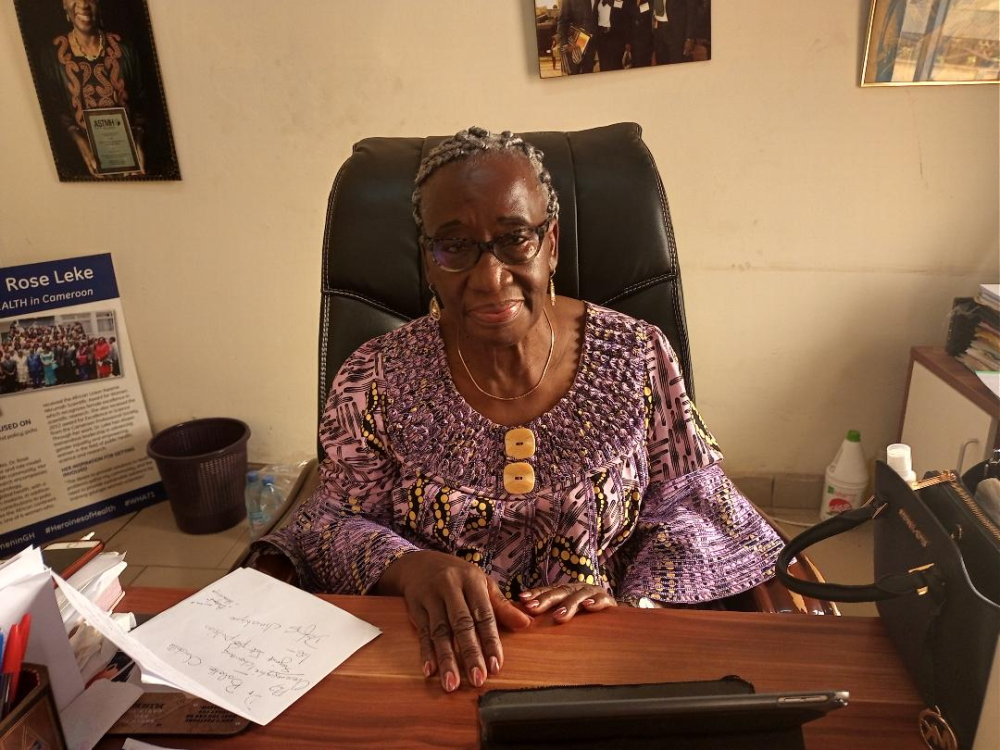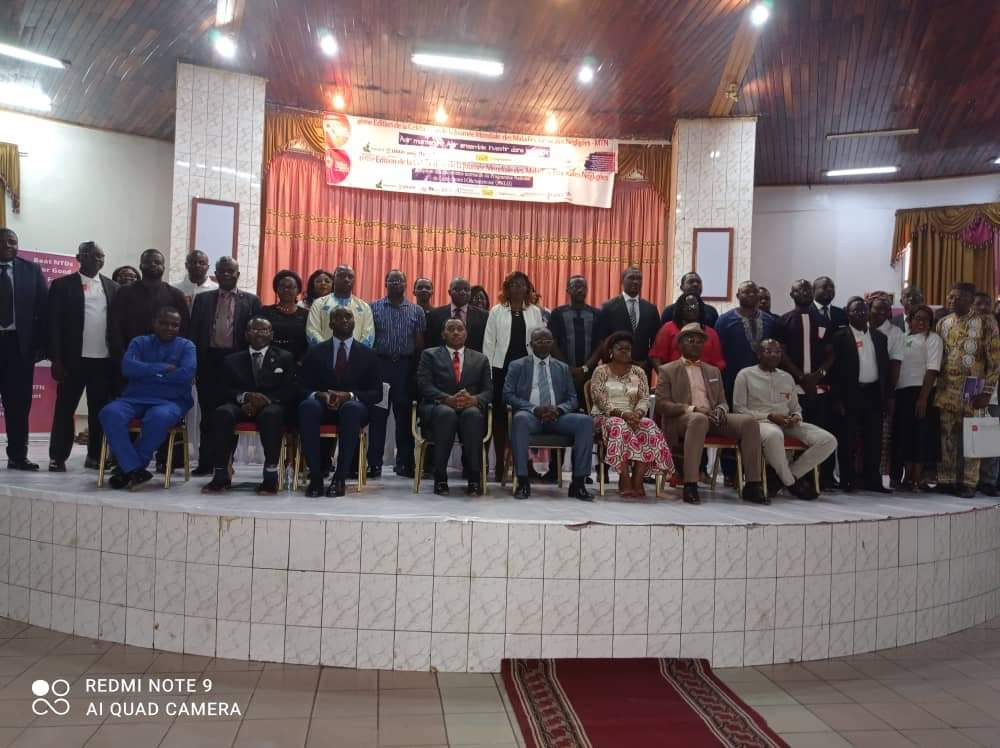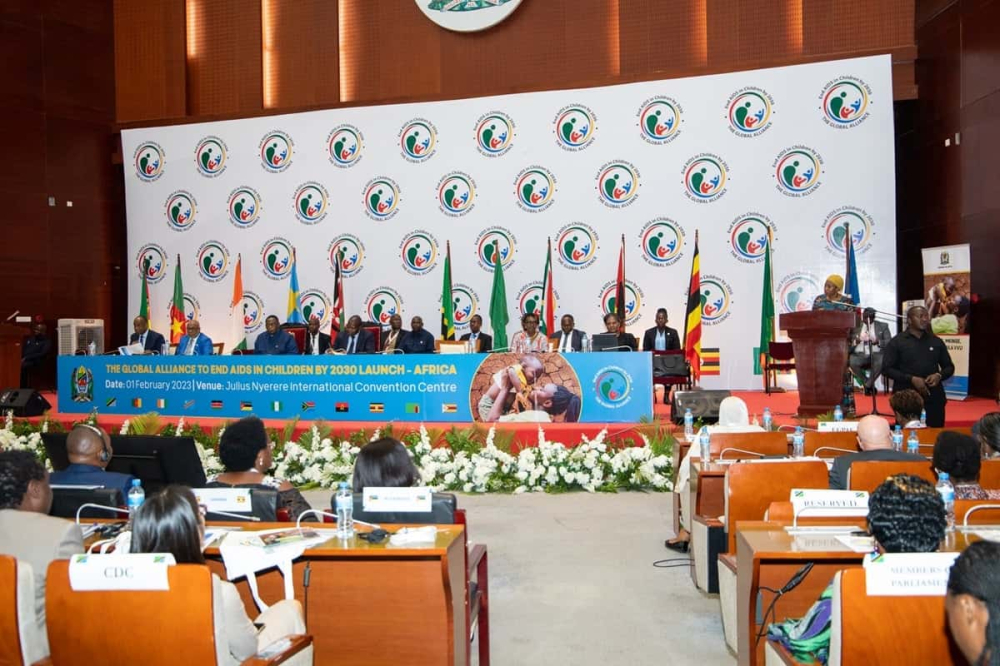
Because ofthe crisis, novel ideas are emerging to keep healthy even when in far-flung bush locations.
One of the most challenging things to dealwith during a crisis is having access to medical attention. Since 2016, the
socio political crisis in the North West and South West Regions has made acute health needs to continue to be on the increase,requiring further scale up of assistance and protection. As the situation degenerated, villagers fled to the bushes while in most cases, medical personnel fled to the cities. This strained the Doctor-Patient relationship and caused most people to get exposed to precarious living conditions. In some cases, complete families including husband, wife and kids- some below two years, begin a new life in the wild. Living in hurts, exposed to mosquitoes and without a net. Malaria of course begins to gain grounds. Other infections also take advantage of their exposure and come knocking. A few procured some drugs as they fled for refuge, though they might serve them for justsomeweeks. Thosewho know the combination of herbs that can treat ailments are taking advantage of that.
One of the most difficultiesto deal with as a woman in such cases is having to manage menstruation without the appropriate sanitary materials. A girl recounted how she began by tearing her old clothes into pieces to use as pads.
And then resorted to using leaves to pad herselfwhen she didn’t have more clothesto tear. Come to think of children and elderly people, pregnantwomen and the chronically ill who continue to be in a worse state of health, but cannot meet health personnel. Some pregnant women have successfully had their babies in that state. A lady shared an emotional story of how she trekked for over 8hours from Mfumte in Nwa Sub Division to Nkambe, just to have her baby. Her husband could not accompany her on the trip due to the insecurity situation. She had the baby, embarked on the return trip to meet the husband who had been anxiously waiting for them.
She was among the fortunate few.
The unfortunate ones have not only lost the babies, but have died in the delivery process as a result of limited health care.
In a crisissituation, the key thing is to stay healthy rather that fall sick and seek treatment. Prevention they say, is better than cure. UN agencies and other Health institutions have put in a lot of efforts in improving the health situation in these Regions. These stakeholders in the SW and NW facilitated access to a suitable and reasonable package of basic health care services to 3,703 persons affected by the crisis. These partners have also facilitated the distribution of 11500 treated mosquito bed nets. Partners with interest in water and sanitation reached about 11500 people in the NW and SW with hygiene promotion and sanitation related activities.








Comments